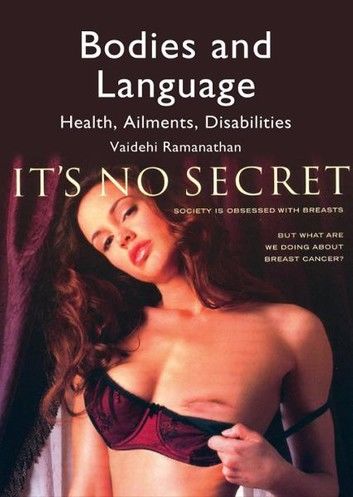| FindBook |
有 1 項符合
Bodies and Language的圖書 |
 |
Bodies and Language 作者:RAMANATHAN,Vaidehi 出版社:Channel View Publications 出版日期:2010-10-27 語言:英文 |
| 圖書館借閱 |
| 國家圖書館 | 全國圖書書目資訊網 | 國立公共資訊圖書館 | 電子書服務平台 | MetaCat 跨館整合查詢 |
| 臺北市立圖書館 | 新北市立圖書館 | 基隆市公共圖書館 | 桃園市立圖書館 | 新竹縣公共圖書館 |
| 苗栗縣立圖書館 | 臺中市立圖書館 | 彰化縣公共圖書館 | 南投縣文化局 | 雲林縣公共圖書館 |
| 嘉義縣圖書館 | 臺南市立圖書館 | 高雄市立圖書館 | 屏東縣公共圖書館 | 宜蘭縣公共圖書館 |
| 花蓮縣文化局 | 臺東縣文化處 |
|
|
圖書介紹 - 資料來源:樂天KOBO 評分:
圖書名稱:Bodies and Language
Focusing on body conditions associated with breast cancer, Alzheimers disease, (type-1) diabetes, epilepsy, partial hearing and autism, this book draws on a range of critical theories to contest collectively assembled notions of abnormality, disability and impairments and ways in which they emerge through language. It also addresses the need for applied sociolinguists to take account of how our researching practices - the texts we produce, the orientations we assume, the theoretical grounds from which we proceed - create meanings about bodies and normalcy, and the importance of remaining ever vigilant and civically responsible in what we do or claim to do.
|











